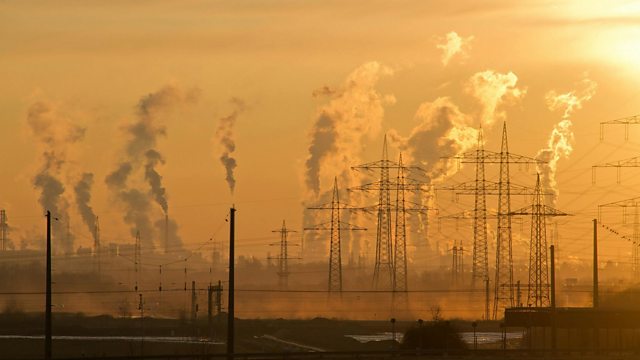Never mind the planet, we're winning the arms race
The seven countries who have produced the most greenhouse gas emissions are also the states with the biggest military budgets. Is our planet being sacrificed for war profits?
It was described as the wealth of fossil fuels battling with the science. The science that tells us that if we continue to burn oil, gas and coal, we will destroy the planet we call home.
When the COP29 conference ended in Baku in Azerbaijan last weekend - a place that oil has been very good to - many reached the conclusion that science lost the battle.
At stake was the money needed to help poor countries move to a low carbon economy, adapt their infrastructure to mitigate extreme weather and save their people from harm.
Everyone agreed around one trillion dollars a year was needed by 2035 to do this and for the world to keep temperatures within the 1.5 degree limit.
A deal was done; the wealthiest countries agreed to give 300 billion. Many described it as a betrayal- Christian Aid said people of the global south came to the talks needing a lifeboat - but all they got was a plank of wood to cling to.
For others, they compared spending on saving lives to spending on wars: the developed nations spend 1.7% of global GDP on wars...1.4% on climate protection.
In fact, the seven countries who have produced the most greenhouse gas emissions are also the states with the biggest military budgets.
What are the ethics of this and are people's lives being sacrificed for profits from weapons and war- both through war itself and the increasing destruction to the planet?
Presenter Audrey Carville in conversation with 脡amon Ryan, Ireland's minister for the Environment - a member of the Green party- and the EU's lead negotiator at the COP29 talks, Jane Kinninmont,director of policy and impact at the European Leadership Network which focuses on European security and Siobh谩n Curran, Head of Policy at the charity Tr贸caire
Podcast
-
![]()
Everyday Ethics
Provocative weekly debate on moral, religious and ethical issues.


